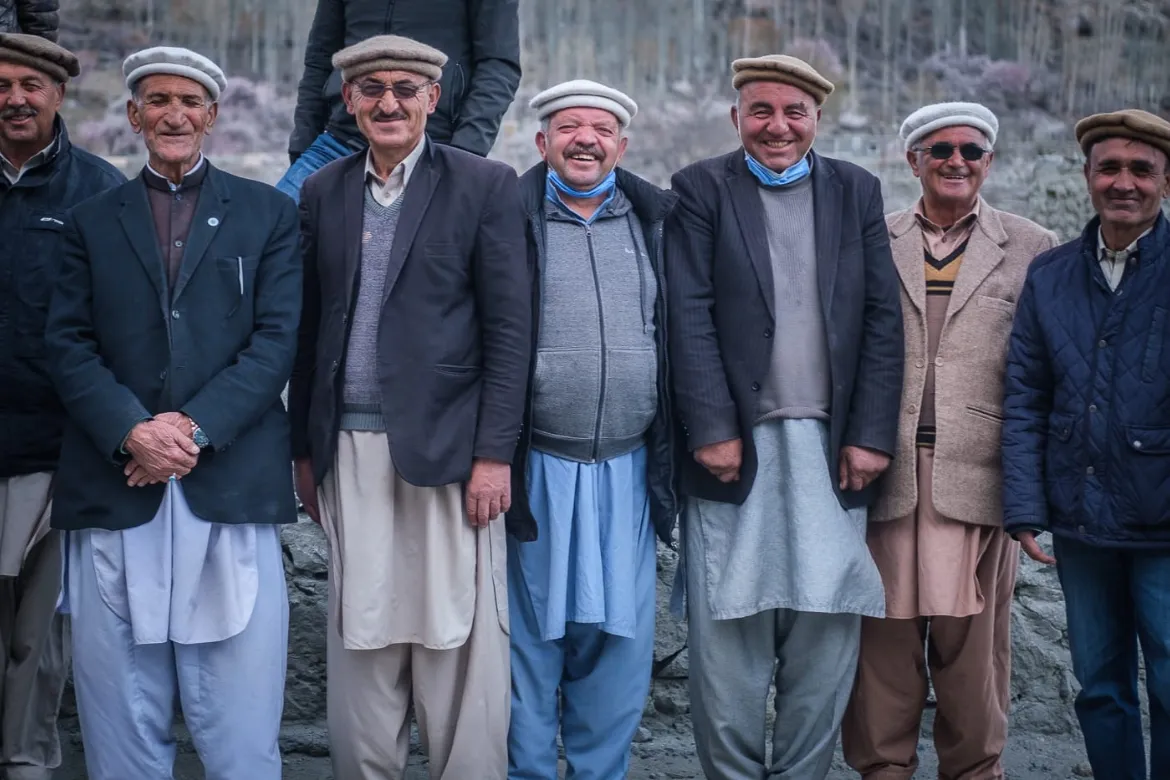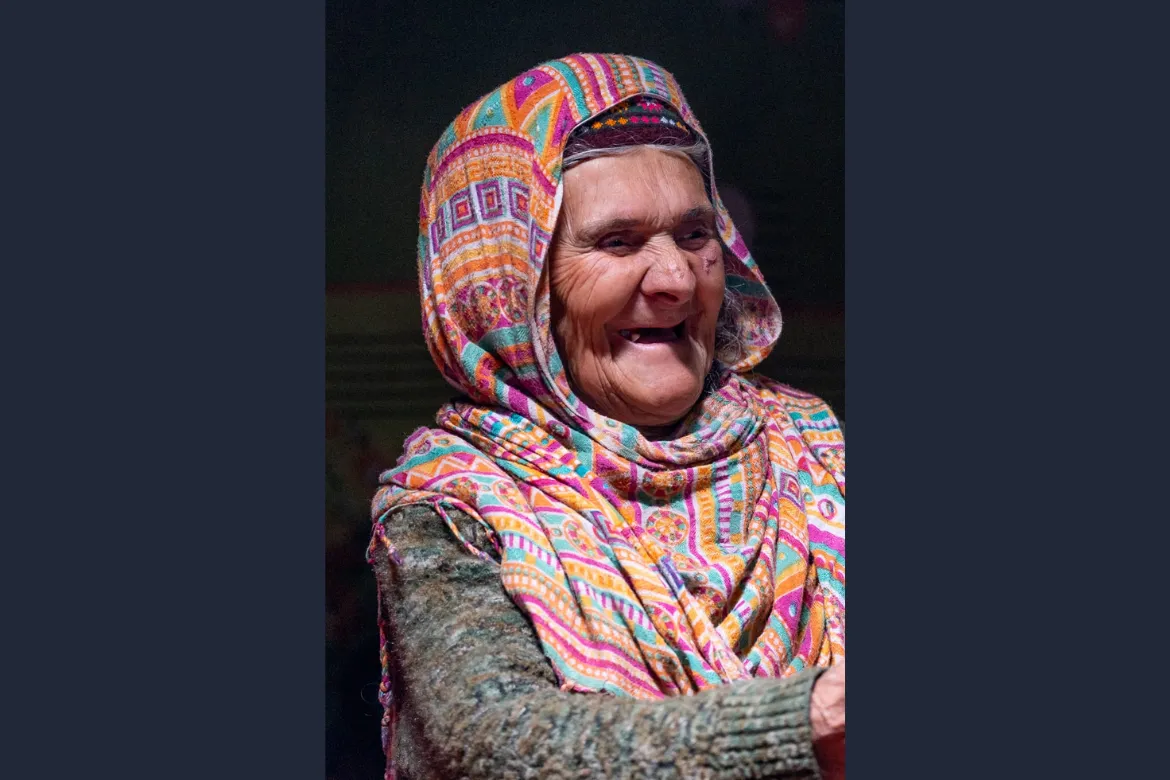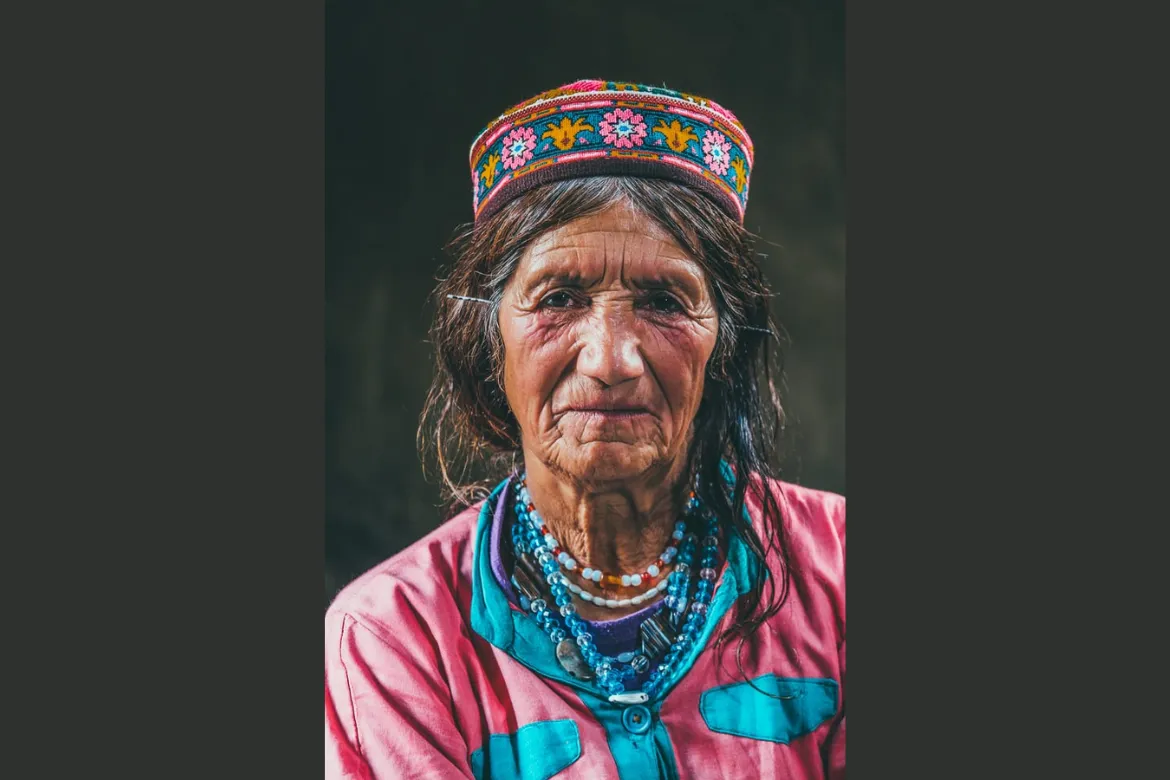Why Hunza People Have Longevity?
Table of Contents
The Hunza people, who live in the Hunza Valley in northern Pakistan, are among the world’s longest-lived peoples. In the early 1970s, National Geographic published an extensive series of articles investigating the claims of these long-lived people.
As a result, Hunza’s people have become a fascinating case study in health and longevity. They still do today as people look for ways to enhance their health and extend their lifespans.
Remote Area, High Life Expectancy
This article explains who the Hunza people are and provides some general ideas about their health based on their lifestyle, diet, and drinking water. She also explains how their lives have changed and why the myth of the Hunza people’s health “secret” may be a matter of choice.
Ultimate Travel Guide To Hunza Valley Pakistan
Average Life Expectancy of the Hunza People
Hunza was a popular destination for American and European tourists in the 1980s and 1990s. Today, the six tribes of Hunza live traditional lives that are driven by modern technology.
As their lives have changed, many myths exist about their longevity and ability to avoid disease. No one is specifically sure how old they are. Some believe that the Hunza people, who live in an isolated, fertile valley at 8,000 feet above sea level, have a life expectancy of 120 years.

Hunza People enjoy the best days of their life.
Why do the Hunza live so long?
The reasons for the Hunza’s longevity (los hunza) remain the subject of many studies, including one conducted by one researcher in 1986. “Hunza is the dream of every Western writer,” Ahmed wrote. “They love the idea of Hunza.” “They are fascinated by longevity and come here to learn about the apricot water? (It’s cloudy but said to contain very healthy minerals) or perhaps the local wine? The main factor is the social organization and social behavior of the place.”
How do the Hunza people avoid disease?
Studies of the Hunza people focus on their high level of exercise, which is considered the key to health. The environment in which the Hunza people live is mountainous and extremely rugged. The villages are extremely remote and built on the side of cliffs. Some villages are more than 1,000 years old, the roads are rugged, the mountains are steep, and the journey to the farmland is long.
Travel Guide To Karimabad, Hunza-Things To Do In Karimabad
However, other factors affect their health, and they are not completely immune to disease. A 2021 study of hypertension in 425 people from five villages in Hunza found that about a third had high blood pressure and suffered from some diabetes-related conditions.
However, it is known that the Hunza people:
- They eat more produce and less meat in their diet (although meat is often preserved for the winter)
- Generally do not smoke (only 47 of the study group were smokers)
- They are physically active.
- They have relatively low rates of obesity.
On the other hand, some cultural practices (such as drinking salty tea in the winter) may negatively impact the health of the Hunza people, and they are not immune.
What can we learn from the Hunza people?
Studies of the Hunza people have proposed many theories about their longevity, including access to mineral-rich water and antioxidant properties. This is considered an advantage for other mountain people worldwide regarding health and longevity.

Hunza valley women’s happy face
Other health benefits of the Hunza lifestyle include diet, exercise, and socializing.
Follow an anti-inflammatory diet: There is evidence that some Hunza people eat more meat than they used to. 6 But overall, the Hunza diet is largely plant-based, meaning eaten raw. The Hunza people grow apricots, cherries, grapes, and peaches.
They also eat many grains—wheat, barley, millet—and daily bread. They don’t eat processed foods, which may help explain their low levels of oxidative stress and health conditions associated with oxidative stress, such as diabetes and high cholesterol.
| Hunza Travel Package Cost (Updated 2025) | |||
| Trips | No. of Days / Nights | Price in PKR | Type |
| Luxury Hunza Travel Package | 7 Days / 6 Nights | 175,000/- | Luxury |
| Basic Hunza Tour | 7 Days / 6 Nights | 140,000/- | Standard |
| 10 Day Trip to Hunza Naran | 10 Days / 9 Nights | 230,000/- | Premium |
| Notoriously Famous LUXUS Tour | 04 Days / 03 Nights | 325,000/- | Luxury |
| Stay in Hotel Darbar in Your Hunza Trip | 4 Days / 3 Nights | 235,000/- | Standard |
| Lavish Hunza Couple Honeymoon Tour | 5Days / 4 Nights | 350,000/- | Luxury |
| A scenic ride To Hunza on Air | 5 Days / 4 Nights | 2,50,000/- | Basic |
| Super Amazing Luxus Attabad Tour by Air | 4Days / 3Nights | 3,25,000/- | Luxury |
| Witness The Colors of Cherry Blossom | 7Days / 6Nights | 1,80,000/- | Standard |
| Perfect Week Tour To Hunza | 7Days / 6Nights | 2,75,000/- | Basic |
| Trip To Gilgit Hunza for couples and groups | 7 Days / 6 Nights | 1,85,000/- | Budget |
| Two Week Trip to Karakoram Hunza Skardu Tour | 11 Days /10 Nights | 1450$ | Premium |
| Long Weekend Plan To Hunza Naran Shogran | 10Days / 9Nights | 2,35,000/- | Standard |
| Pakistantourntravel.com |
What is an anti-inflammatory diet, and what foods should you eat?
Exercise every day: In addition to the Hunza people’s lived experience, the health benefits of exercise are well documented. These benefits include:
- Improved muscle strength and bone health, which may help prevent injuries.
- Heart health, including stroke prevention.
- Respiratory health and prevention of chronic lung disease.
- Metabolic benefits, such as managing insulin and cholesterol levels.
- Improved cognitive function and well-being.
Prioritize your mental health.
Researchers have found that the Hunza benefit from social connection in a culture historically with few stressors and prioritizes community and relationships. This remains true despite changes in life (such as climate impacts) and becoming more complex.

Hunza woman
The related mental health benefits come from the Hunza people’s strong sense of identity and core values that can be applied to their lives. Consider making time for your mental and spiritual health, engaging in hobbies and activities you enjoy, and staying connected to family and friends.
Final thoughts
Researchers have long been interested in the Hunza people, with some studies on their health and longevity dating back 100 years or more. While some claim that the Hunza people have achieved legendary status, there is evidence to suggest the reasons behind their longevity and their lifestyle.
Living in remote mountainous areas, the Hunza valley women and men remain isolated even as technology changes their daily lives. This often means a more physically demanding life that requires lots of exercise and a healthy diet based on plant and water sources. Lower stress levels can also protect your health, a strategy that originated with the Hunza people and can also benefit you.






